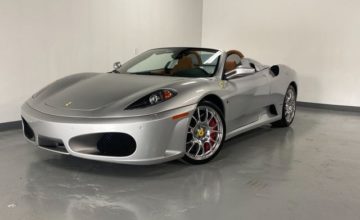Say the word “Hyundai” to some people and they will respond with “cheap cars” as their answer for describing the Korean automotive giant. Known for building the Accent, Elantra, and other low-priced vehicles, it isn’t hard for consumers to get a new set of wheels at prices starting around $10K, thanks to special rebates the brand is currently offering.
Put Away The Honda Bikes – Cheap Cars Are Coming
But those prices are a small fortune to people in places like India, where the standard mode of transportation for many families is piling on their Honda motorbike and heading out. Buses and trains in India are crammed with people who can’t afford even the most basic transportation, but thanks to Ratan Tata who has promised to build a $2500 car for the Indian market, that is expected to change.
Since Tata’s announcement in January of this year, several other global automakers have responded by saying that they, too, will build affordable cars for India and similar markets, though stopping short of saying they’d be able to match the Nano’s price.
Hyundai’s Absence, Kia’s Too
Curiously absent from the clamoring legions of “let’s make cheap cars for India” clamor has been Hyundai. Nissan, Peugeot, VW, GM, and several Japanese brands have announced their quest for cheap car greatness, but until yesterday not a peep was heard from Hyundai. Seeing that they already own controlling interest in Kia, some sort of car from the joint automakers could possibly supply the emerging market.
Hyundai’s response was made official in a recent interview with Hyundai Motor India managing director and CEO Heung-soo Lheem who told Indian media that Hyundai would bring a car retailing for $3500 to the Indian market by 2011.
Half The Price Of The Hyundai Santro
The ultra-low cost Hyundai car will cost about half the price of its current barebones model, the Santro, which sells for just over US$6000. Lheem said that Hyundai’s Namyang Technology Research Center is currently developing the budget vehicle, which will be produced in India and exported to other countries. Hyundai says that the yet-to-be-named model will be far superior to the Nano in quality and performance, likely a good thing considering that the Nano could not possibly sell stateside due to safety issues.
The global trend is for automakers to continue developing cars for emerging markets as international wealth increases and a growing middle class demands their own transportation. Sure, the pressure on the world oil supply will only worsen, but by that time the availability of plug-in hybrids such as the Chevy Volt could lessen that pressure elsewhere.

